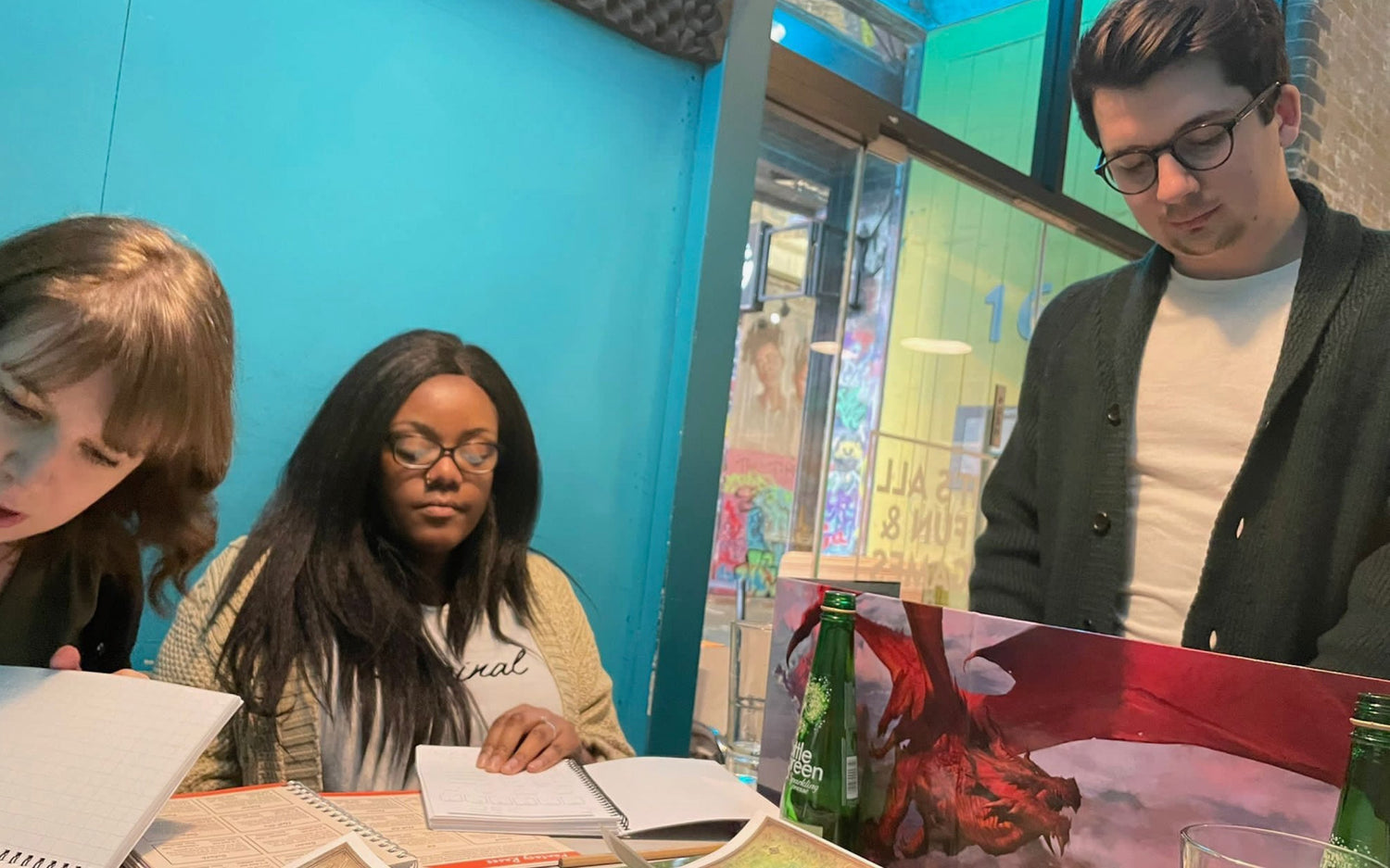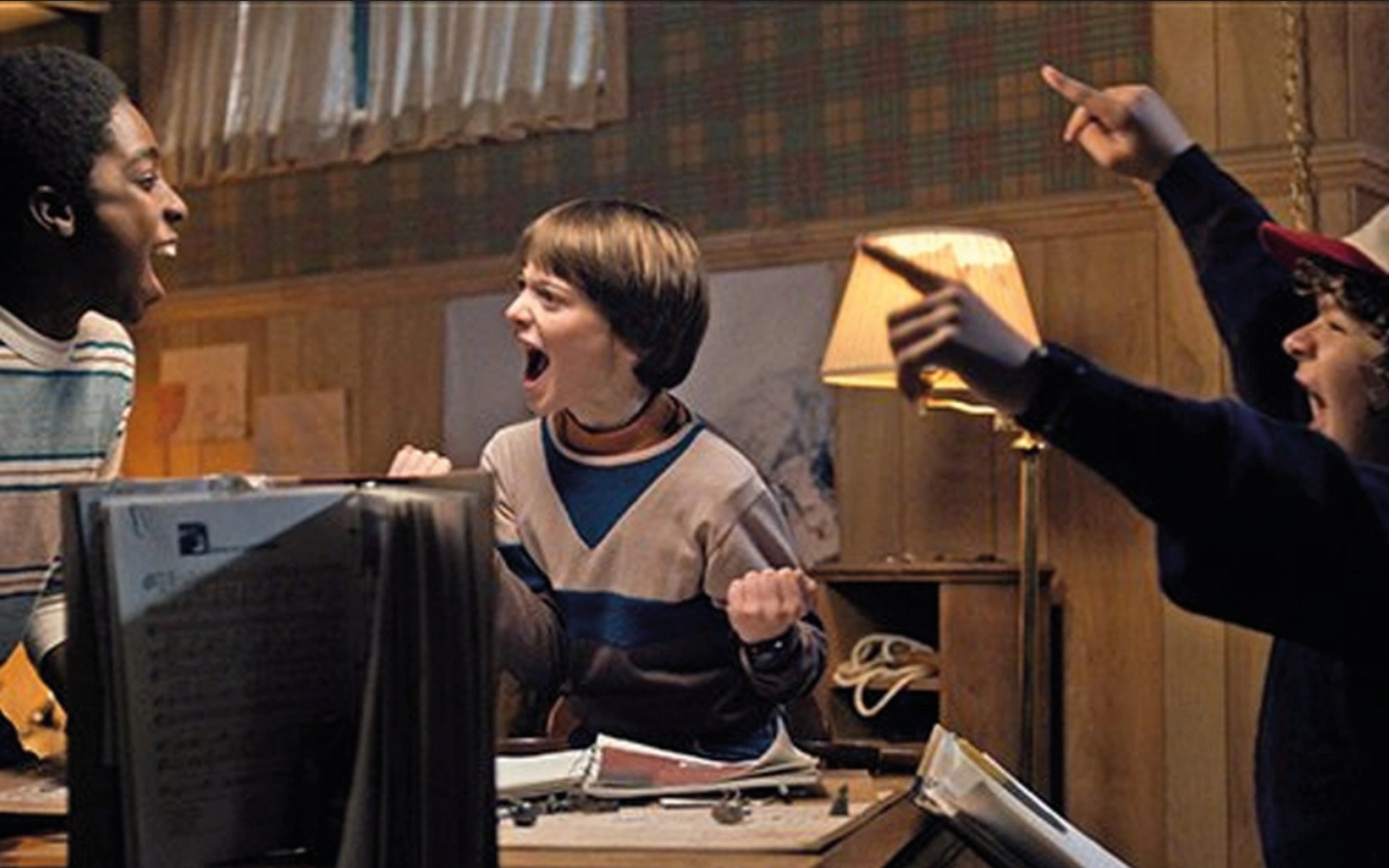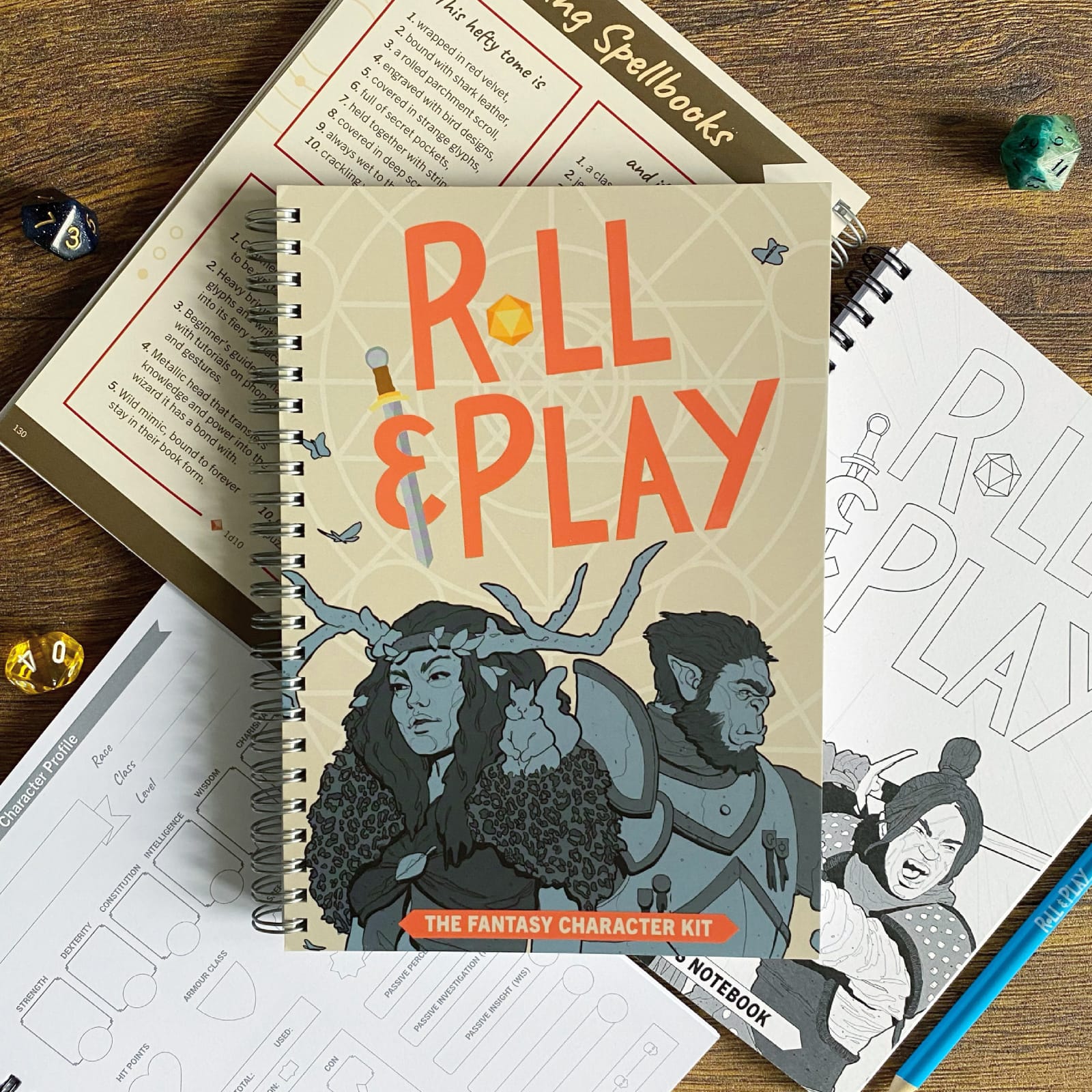Running a Dungeons & Dragons game is a wild ride. No matter how long you've been a dungeon master, you're constantly learning, evolving, and (let’s be honest) making mistakes. I've been in the DM chair for seven plus years now, and while I’d like to think I’ve got a handle on things, there are a few quirks I just can’t shake. Here’s the truth about my DMing style.
1. Villain Speeches Trip Me Up
Need a random NPC? Done. A new town with an economy based on gladiatorial cage fighting? No problem. But the second I need to deliver a dramatic villain monologue, my brain goes blank. I can usually recover with some off-the-cuff dialogue to keeps things moving. The bad news? There’s always that moment after the session where I realise I forgot to mention the villain’s motivation, their actual plan, or that critical piece of foreshadowing. Oops.
To get better at this, before a session I’ve started jotting down a memorable line or two my villain would say. It helps anchor the moment without making me feel like I need to recite a full speech. If you struggle with this too, just keep a bullet-pointed list handy and let the rest flow naturally.

2. Not All My Puzzles Have Solutions
Puzzles can be really tricky to set up in a game of D&D; not only do you need to figure out how it actually would work, but you also need to consider how your party would interact with it. So, sometimes, I just describe a mysterious contraption and let my party figure it out however they want. I started to notice this often leads to some of the best moments at the table. Players think outside the box, come up with clever solutions, and feel like geniuses when they crack it. The downside? Sometimes they get stuck... and since I don’t actually have a preset answer, I just sit there sweating.
One way I’ve learned to handle this is if the players start to get stuck, more 'clues' start to reveal themselves as time goes on (i.e. a sneaky way to throw in a couple of my own ideas on how they might solve the puzzle). For example, they might find a hidden note, get some NPC help, or see some physical signs of what others have tried in the past. That way, I can steer things a little if players are floundering. But ultimately, if the players come up with something creative and reasonable, and they can roll well to back it up, that’s the right answer!
3. I Don’t Snack During Games
There's so much to focus on during a game, that I never find the right moment for a snack. In-between doing NPC voices, flicking through books and rules, taking my session notes, choosing background music, and all the other things us DMs do, eating's normally the last thing on my mind. Everyone else around the table tucks into candy, fruit, potato chips and dips, but it's just water for me. But, by the time we wrap up, I realise I haven’t eaten in 4 hours, and that's not great.
Lately, I’ve been making an effort to schedule in a meal before a session starts and a decent snack for the half-time break. If you’re like me and can't really eat during a game, try setting a reminder to grab a quick bite before you play. You can't improv on an empty stomach!

4. I Don't Have a Big Collection of Minis
Miniatures are great, don’t get me wrong – there’s something special about placing a beautifully painted dragon on the battle map. But, I never have the right mini, and I can't justify buying 50 different monsters to cover every possible scenario.
So, I don't regularly buy minis, and use tokens to represent monsters and NPCs instead. I find that tokens are versatile, easy to store, and take the stress out of hunting for the perfect mini. We just released a box set that comes with its own storage bags – I've been using them a ton in my games recently!

5. I’ve TPKed My Players Three Times
Yes, I have wiped out an entire party. Three times. And no, I don’t feel bad about it. Well, maybe a bit. The TPKs happened because the players made some questionable decisions. I warned them, but they charged in anyway. That said, sometimes I wonder if I could have thrown them a lifeline – maybe nudged them toward a way out or given them a last-minute chance to survive. Then again, if they ignore the “DANGER: CERTAIN DEATH IF YOU ENTER THE LAKE” sign, maybe that’s on them?
What I’ve learned is that communication is key. Before high-risk encounters, I drop more hints about danger levels, and I make sure the party knows that running away is always an option. If you’ve had similar experiences and accidentally wiped out your party, try emphasising the stakes more. It doesn’t mean you’re going easy on them; it just ensures they understand the risks.
6. I'm Not Great at NPC Accents
I love when DMs do accents, performers like Matt Mercer and Brennan Lee Mulligan are a joy to watch and I have so much respect for the range of voices they can do. Personally, I haven't mastered any accents. So, instead, I focus on giving each NPC a distinct speech style – whether that’s a certain rhythm, temperament, choice of words, or a particular catchphrase. This way, players can still tell who’s speaking without me butchering a Scottish accent beyond recognition!
If you’re not confident in accents, try using short phrases or tone shifts to differentiate characters. It works surprisingly well!

7. Sometimes I Plan on the Day of the Game
Look, life happens. There are weeks when I plan meticulously in advance, and there are weeks when it’s 6 PM on game day and I’m staring at a blank page wondering how I got here. Weirdly enough, some of my best sessions have come from these last-minute prep scrambles. The pressure forces me to focus on the essentials and trust my instincts. Of course, this method is a gamble – sometimes I nail it, and sometimes I absolutely regret it when the players decide to explore the one part of the world I haven’t thought about at all.
To make this easier on myself, I keep a running list of loose plot threads and NPC/faction motivations, so even if I don’t have time to prep, I can quickly pull from existing material. Funnily enough, this is pretty much how Roll & Play Press was born; I started making books that made it easier to run games when I didn't get time to prep – and here we are! If you also struggle with last-minute planning, keeping a bank of flexible ideas, or using books like One-Shot Wonders and The Game Master's Fantasy Toolkit can be a lifesaver.
---
Every dungeon master has their quirks. The most important thing is that my players have fun, the story keeps moving, and we all get to share some incredible moments together.
So, if you’re out there stressing about your own DM habits – I hope this shows you that you're not alone. No one runs a “perfect” game (and there's no such thing)! Embrace your style and roll with the chaos. If your players are having a blast, you're doing a great job.
What are your quirks? What advice do you have for other dungeon masters? Join the conversation on Discord!



